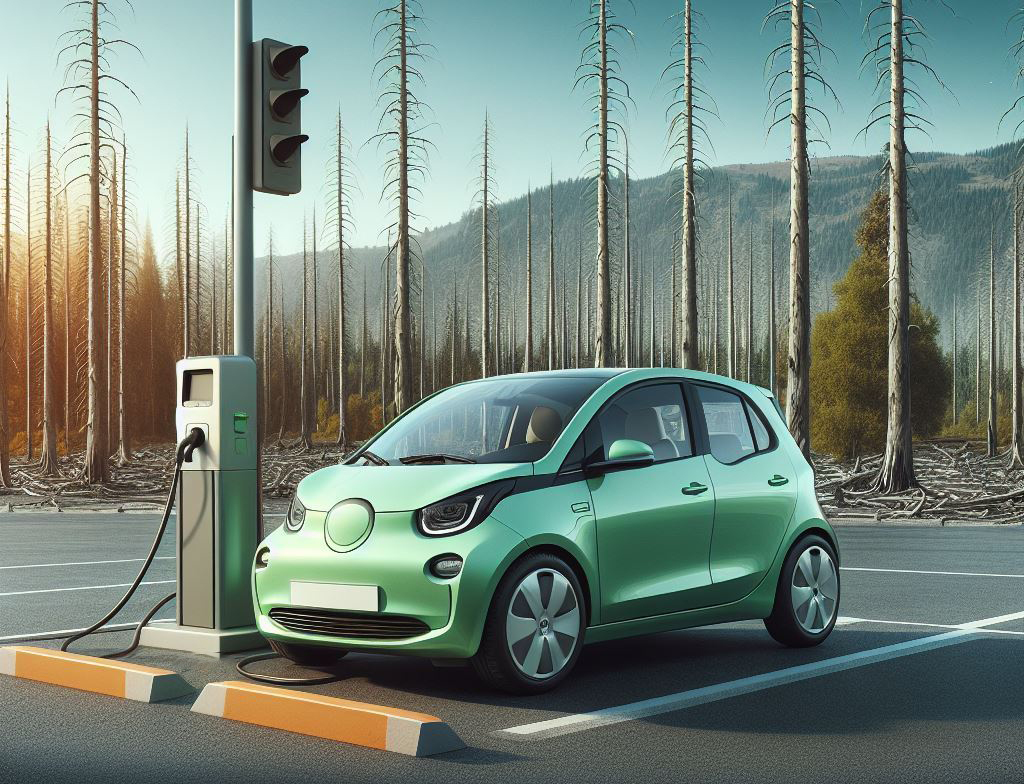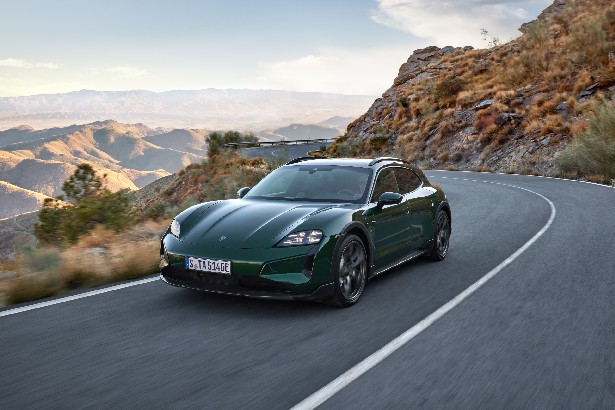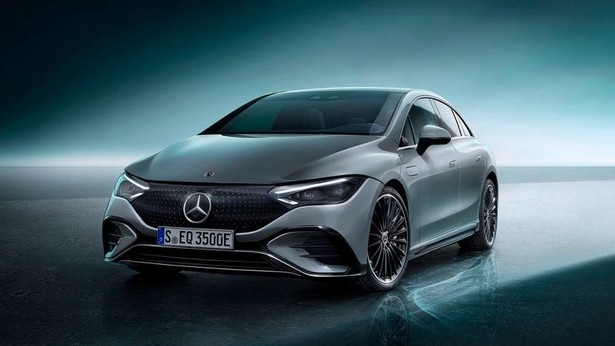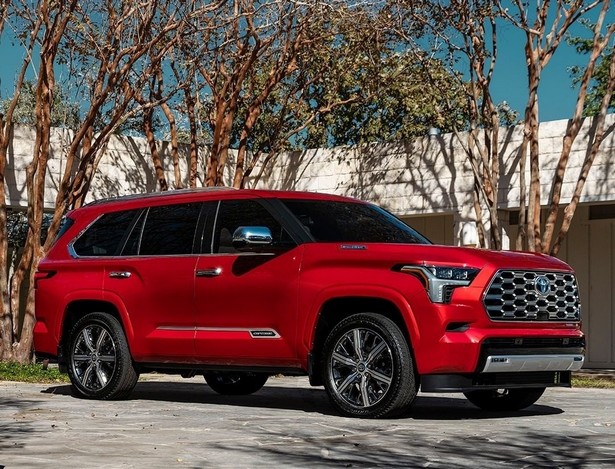VAG and other car manufacturers are delaying the full transition to electric cars for 5-10 years
07.08.24
Automakers are gradually backing away from their ambitious plans to fully electrify their lineups, acknowledging that combustion engine cars will remain on the market longer than expected. The main reasons for this are insufficiently developed charging infrastructure, the high cost of electric cars, insufficient demand for them among consumers and economic difficulties. Some car manufacturers also believe that electric cars will never be able to completely replace cars with internal combustion engines.
VAG
Audi has become another company that is forced to adjust its previously announced plans. In 2021, the brand promised to go fully electric by 2033, but is now considering keeping internal combustion engines in its lineup for a longer period. At the same time, Audi is increasing its focus on hybrid vehicles, with plans for all future ICE vehicles to include a PHEV (plug-in hybrid) option.

Porsche, part of the VW Group, also made such a statement recently. The company admitted that the transition to electric vehicles is taking longer than predicted. While it continues to aim for electric vehicles to account for more than 80% of sales by the end of the decade, it now admits that this will depend on customer demand.
Bentley, another member of the VW Group, had planned to phase out petrol cars by 2030, but has now set a new target to do so by 2033. The launch of the brand’s first electric model, scheduled for 2025, has been pushed back a year due to platform and software issues.

Volkswagen also does not rule out that it will keep the current generation Golf with an internal combustion engine in its lineup until the EU bans the sale of new cars with harmful emissions. This will happen in 10 years, provided that the legislation remains unchanged until 2035. The 9th generation Golf will be electric only when it goes on sale towards the end of this decade, and will coexist with the 8th generation petrol variant for many years.
Thus, car manufacturers are gradually coming to the realization that the full electrification of their car lines will require more time and resources than originally planned.
Volvo, Mercedes, Ford, Toyota
Volvo also hinted that internal combustion engines (ICEs) could remain in their car lineup for the next decade, although in 2021 the company announced its intention to go fully electric by 2030. Now the brand will pay more attention to hybrids.

Mercedes originally planned for hybrids and electric vehicles to account for 50% of annual sales by 2025. However, taking into account the market situation, the target has been adjusted, and the company abandoned its plan to sell only electric cars after 2030. Mercedes will continue to produce cars with internal combustion engines until the 2030s. The company previously predicted that it would become fully electric by 2030, market conditions permitting.
Ford is also revising its plans. Previously, the company planned to sell only electric passenger cars from 2030. But recently the chief operating officer of the Blue Oval’s Model E electric division, Marin Gdjaya, admitted that this was too ambitious, and now the company will not abandon the internal combustion engine after the end of this decade.

Toyota, the world’s largest car manufacturer, does not believe in a full transition to electric cars at all. A few months ago, Chairman Akio Toyoda said that the market share of electric cars will never exceed 30%. He believes that the engines will definitely remain, so a new family of internal combustion engines is currently under development. Toyota recently teamed up with Mazda and Subaru to express its long-term commitment to internal combustion engine technology with a focus on hybrids and carbon-neutral fuels.
Thus, despite the previously announced ambitious plans for full electrification of their car lines, many car manufacturers recognize the need to keep internal combustion engines in their models for a long time, focusing on hybrid technologies and switching to carbon-neutral fuels.
Don't miss interesting news
Subscribe to our channels and read announcements of high-tech news, tes
Oppo A6 Pro smartphone review: ambitious

Creating new mid-range smartphones is no easy task. Manufacturers have to balance performance, camera capabilities, displays, and the overall cost impact of each component. How the new Oppo A6 Pro balances these factors is discussed in our review.
Poco M8 Pro smartphone review: give us more

Poco M8 Pro 5G immediately catches the eye with its size and the manufacturer’s desire to offer more than you’d typically expect from a device in this price range. It’s not just another mid-range device.
NASA will allow astronauts to take smartphones to the moon NASA smartphone space
NASA Administrator Jared Isaacman said that participants of the Crew-12 and Artemis II missions will be able to take modern smartphones, including the iPhone, with them into orbit and beyond.
Permissions for apps in Windows 11 will be requested like on smartphones Microsoft update Windows
Microsoft is preparing changes to Windows 11 security that will make interaction with applications more similar to the smartphone model

